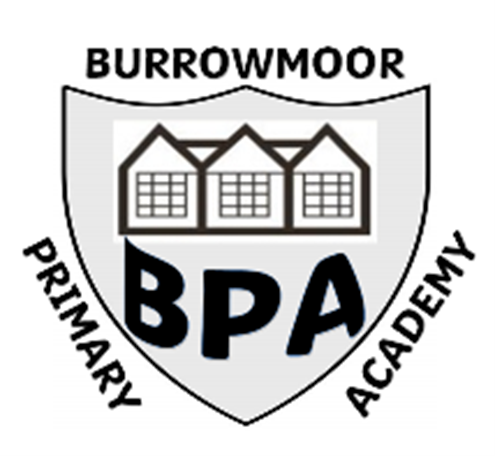History
From Year 1 onwards, all class teachers explicitly teach the History topics.
Knowledge organisers are used to ensure children have a set of information they will be expected to remember from their lessons. Each topic begins with a wow lesson and a collecting of what the children already know. From that, they then build the learning journey. Planning starts with the knowledge, the ‘what’, the concepts and how we learn about a subject, incorporates vocabulary including etymology of words and then worked examples leading to independent tasks.
History chronology is addressed through the Timeline in the hall which is referred to during each termly topic to ensure there are comparisons and connections being made.
Our learning sequences for History have been carefully planned, ensuring children are building on prior learning and children are exposed to the vocabulary of each topic.
The PKC history curriculum allows children to develop a chronologically secure knowledge and understanding of local, British, and world history. The knowledge in the curriculum has been carefully chosen and sequenced using a largely chronological approach. Each unit of work is not a stand-alone topic, but a chapter in the story of the history of Britain and the wider world.
The children will learn about fascinating ancient civilisations, the expansion and dissolutions of empires, and the achievements and atrocities committed by humankind across the ages. The PKC history curriculum is balanced to enable children to look in some depth at local, national and world history, encouraging children to explore the connection between significant events and people and how they have influenced the modern world.
Our curriculum aims to introduce children to a wide variety of people from the past. From Aristotle and Martin Luther King to Emmeline Pankhurst and Alan Turning—studying the lives of the widely venerated as well as the lives of the less well-known offers pupils rich insights into life during key historical periods.
Furthermore, our curriculum aims to develop disciplinary knowledge by supporting children to understand how the past is constructed and contested. Children begin by learning about what a historian does, looking at basic sources and simplified perspectives to develop an appreciation and understanding of what it means to be a historian. As their substantive knowledge grows, children will be able to ask perceptive questions, analyse more complex sources and begin to use their knowledge to develop perspective. Disciplinary concepts, such as continuity and change, cause and consequence and similarity, difference and significance, are explored in every unit, and children are supported to think outside of their current unit of work and apply these concepts across the curriculum.
We aim to ignite children’s love for history through our carefully sequenced curriculum and prepare them with the essential knowledge and skills they need to study Key Stage 3 and beyond.
